Woodstock
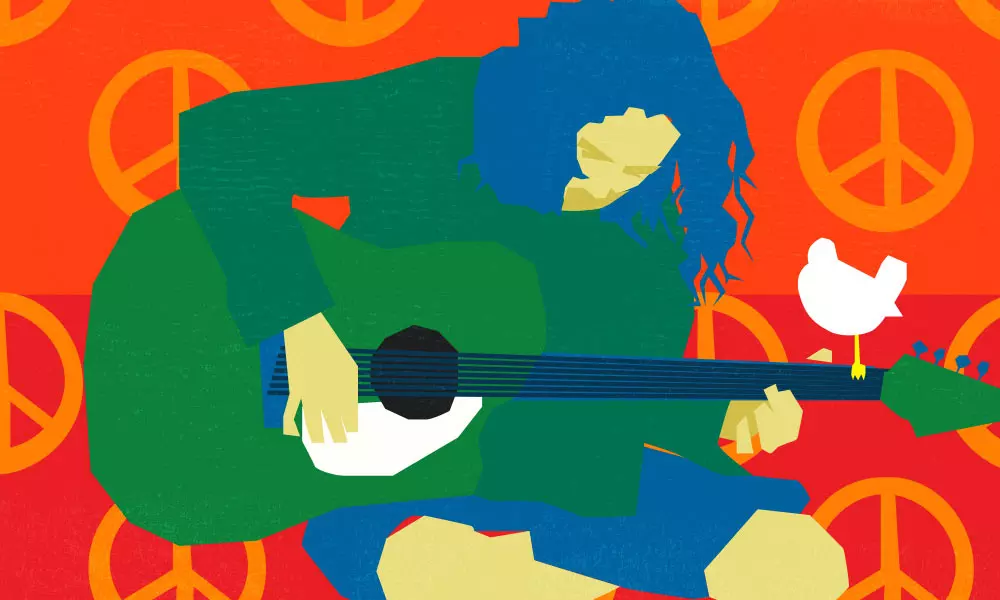
On August 15th 1969, the first day of the Woodstock Music & Arts Fair was held on Max Yasgur’s 600-acre farm in Bethel in New York, about 80 miles North of New York City. Attended by over 400,000 people, the Woodstock Festival was one of the most pivotal moments in popular music history.
The men behind Woodstock were Michael Lang, (who had organised the largest festival on the East Coast at the time, the Miami Pop Festival), John Roberts, Joel Rosenman, and Artie Kornfeld. It was Roberts and Rosenman who had the finances.
Roberts and Rosenman placed the following advertisement in The New York Times and The Wall Street Journal under the name of Challenge International, Ltd: “Young men with unlimited capital looking for interesting, legitimate investment opportunities and business propositions”. Lang and Kornfeld answered and the four men got together originally to discuss a retreat-like recording studio in Woodstock, but the idea evolved into an outdoor music and arts festival.
All they needed was some good acts to attract the crowds. They approached various acts with little success until Creedence Clearwater Revival signed a contract for the event, agreeing to play for $10,000. Once the news was out that CCR had confirmed, others followed: Jimi Hendrix, Joe Cocker, Crosby Stills Nash & Young, (only their second live show), Santana, The Who, Grateful Dead, Janis Joplin, The Band, Canned Heat and Joan Baez.
Others didn’t quite make it. The promoters understandably wanted to secure the biggest acts at the time. They approached John Lennon to see if The Beatles would play, but the fab four were on the verge of breaking up. It was also reported that Lennon said he would only appear if his wife Yoko could perform her own set – which the promoters were unsure about.
Led Zeppelin’s manager Peter Grant turned down an offer for his band to play – concerned that Zeppelin would just be another band on a very full bill.
Although the festival was in his backyard, Bob Dylan decided to ‘get out of town’ and instead signed up for the Isle Of Wight festival which was being held two weeks later. Dylan and his family intended to set sail for England on the Queen Elizabeth 2 on the day the festival started but after their son was injured by a cabin door the family disembarked. Dylan, with his wife Sarah, flew to England the following week.
The Doors considered appearing but declined the invitation – the same with The Byrds and Jeff Beck.
Joni Mitchell, who was originally booked to perform, cancelled at the last minute on the advice of her manager after seeing the traffic chaos on the TV news. Joni didn’t want to miss a scheduled appearance on The Dick Cavett TV Show the same weekend. Joni did, of course, write a song about the event which captured the moment in time perfectly.
Woodstock was designed as a profit-making venture – tickets cost $18 in advance (equivalent to around $75 today) and $24 at the gate for all three days. Around 186,000 tickets were sold beforehand and organizers anticipated approximately 200,000 festival-goers would turn up.
It famously became a “free concert” only after it became obvious that the event was drawing hundreds of thousands more people than the organizers had prepared for.
Although the festival was remarkably peaceful given the number of people and the conditions involved, there were two recorded fatalities: one from what was believed to be a heroin overdose and another caused in an accident when a tractor ran over an attendee sleeping in a nearby hayfield. There were also two births recorded at the event – one in a car caught in traffic and another in a hospital after an airlift by helicopter.
Woodstock featured one of the most prolific musical lineups in history. Fans got a taste of a variety of musical styles, which came together in perfect harmony. The crowd at Woodstock sent a message to the world that individuals could come together peacefully to celebrate peace and music.
Over the sometimes rainy weekend, 32 acts performed:
Day 1: Friday, August 15
Richie Havens
Sweetwater
Bert Sommer
Tim Hardin
Ravi Shankar
Melanie
Arlo Guthrie
Joan Baez
Day 2: Saturday, August 16
Quill
Country Joe McDonald
John B. Sebastian
Keef Hartley Band
Santana
Incredible String Band
Canned Heat
Grateful Dead
Leslie West & Mountain
Creedence Clearwater Revival
Janis Joplin
Sly & The Family Stone
The Who
Jefferson Airplane
Day 3: Sunday, August 17
Joe Cocker
Country Joe & The Fish
Ten Years After
Johnny Winter
Blood Sweat And Tears
Crosby, Stills, Nash & Young
Day 4: Monday, August 18
Paul Butterfield Blues Band
Sha Na Na
Jimi Hendrix
Because of the rain delays that Sunday, when Hendrix finally took the stage it was 8:30 Monday morning. Numbers were now reduced to about 30,000 many of them merely waited to catch a glimpse of Hendrix before leaving during his performance.


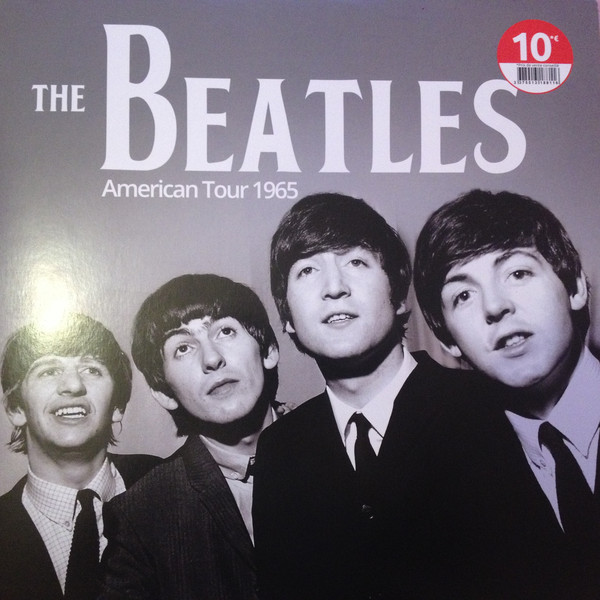
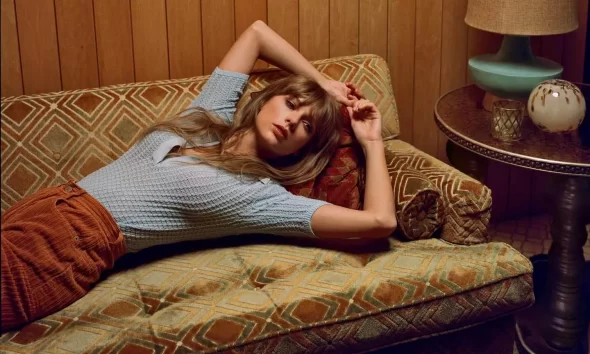
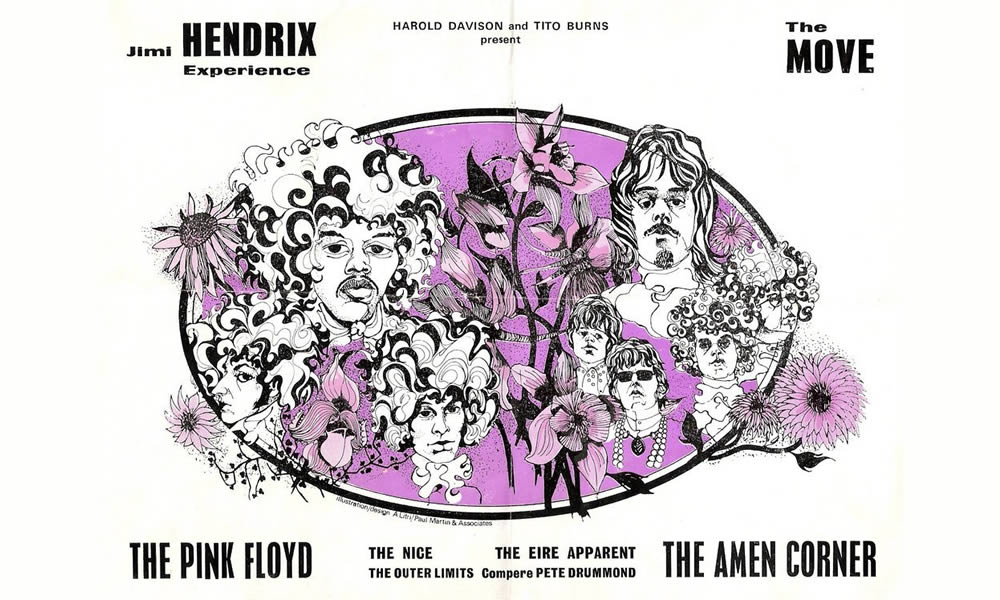
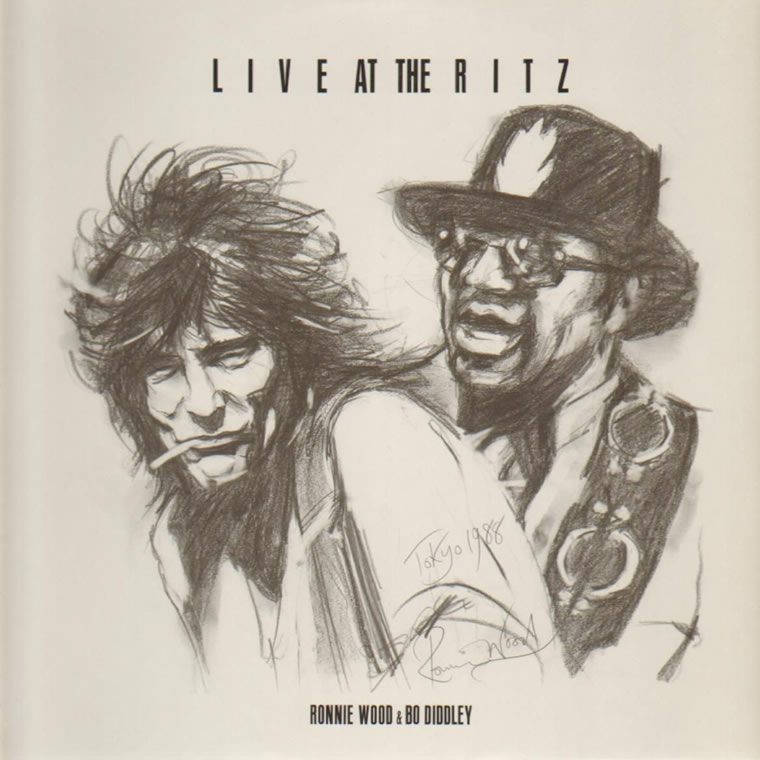
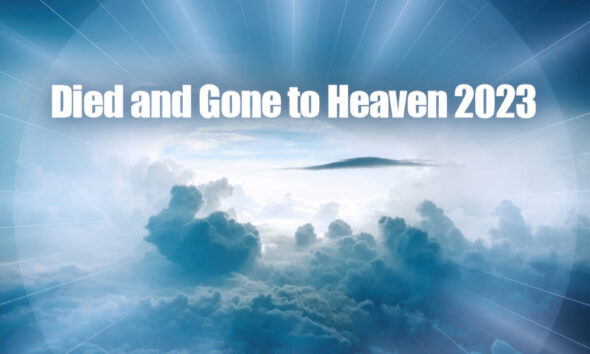
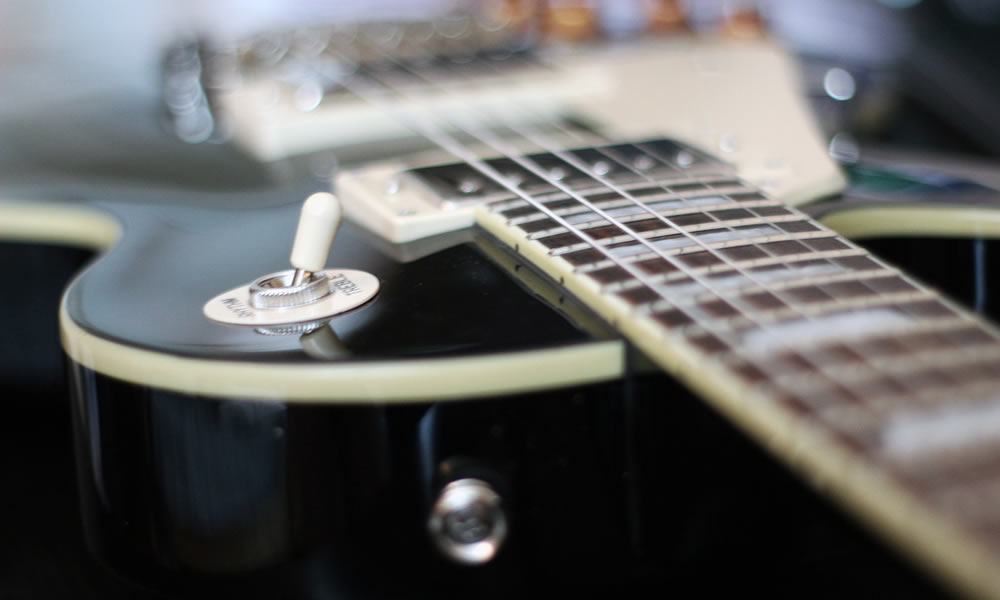
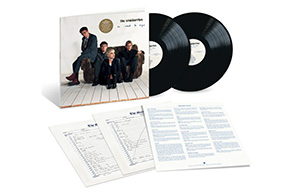

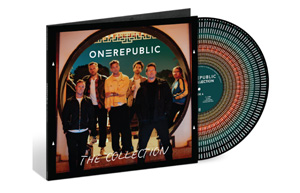
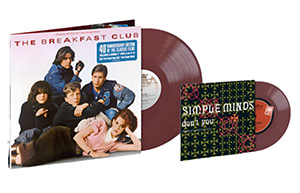
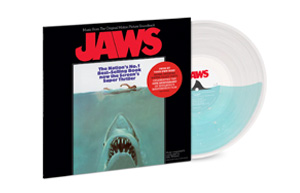
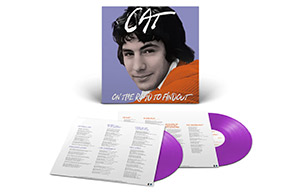
Jim Williams
August 15, 2021 at 8:02 pm
Yep I Was There ! Thats Me JIM WILLIAMS I’m Now 71 Yrs Old And They Posted My Story Above …It Still Feels Like It Was Yesterday ! We All Knew It Was Something Huge But Didn’t Realize It Would Be The Greatest Concert Ever ..Later On That Year I Got To Talk To JIMI HENDRIX And The Experience Was Complete..PEACE
Debra Fisk Conroy
August 17, 2021 at 11:33 am
My dad was manager of Yasgur Farms. My house was right next to the Infirmary. A baby was born on our front lawn; my dad was threatened to be killed by a motorcycle group because he refused to let them in our house to use the bathroom; the Hog Farmers camped across the street behind the barn and drove around in a psychodelic bus. So many memories!
Al Cambron
March 25, 2022 at 9:41 pm
I went with 8 of my friends in a rented van from Chicago. Wrote a book about our trip. Available on Amazon